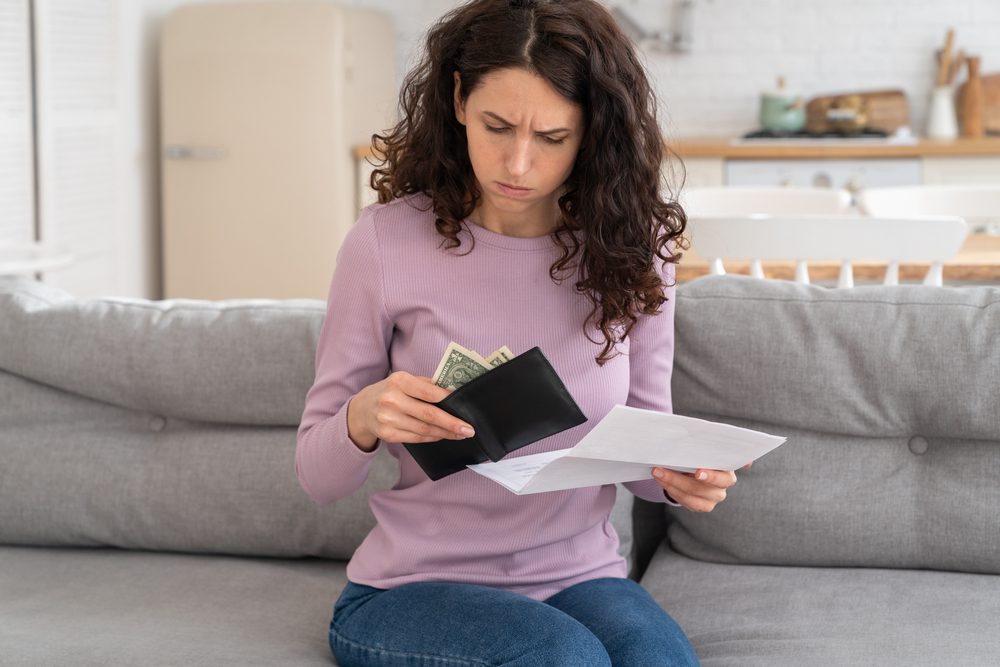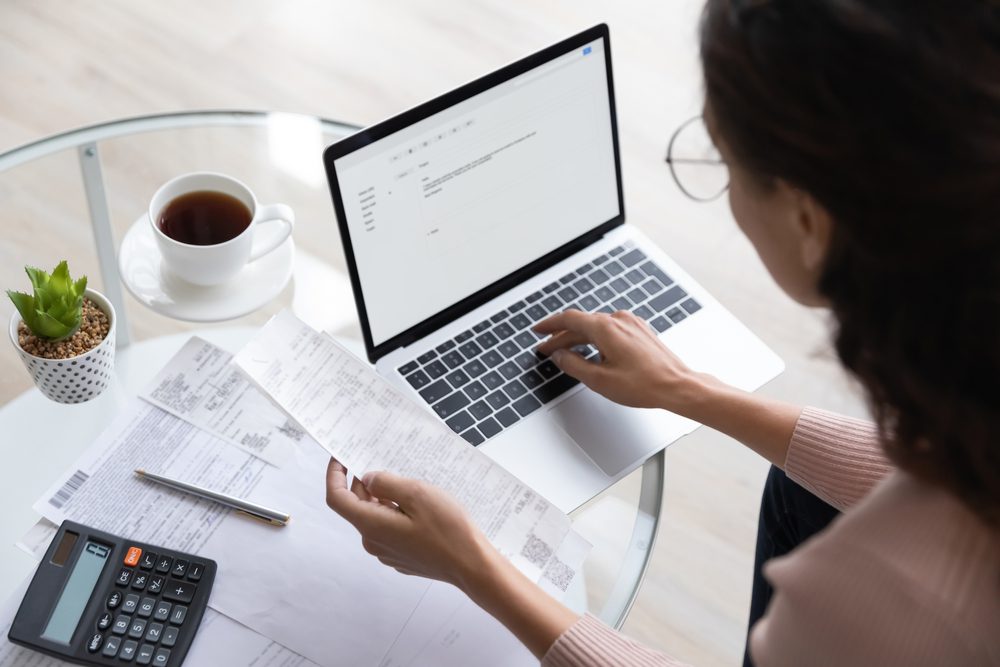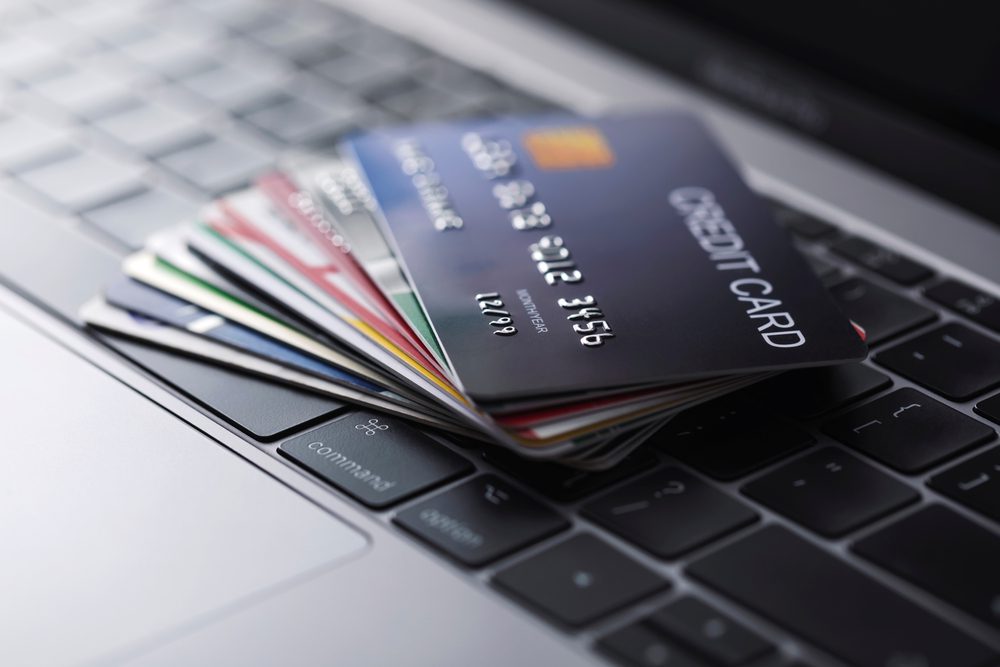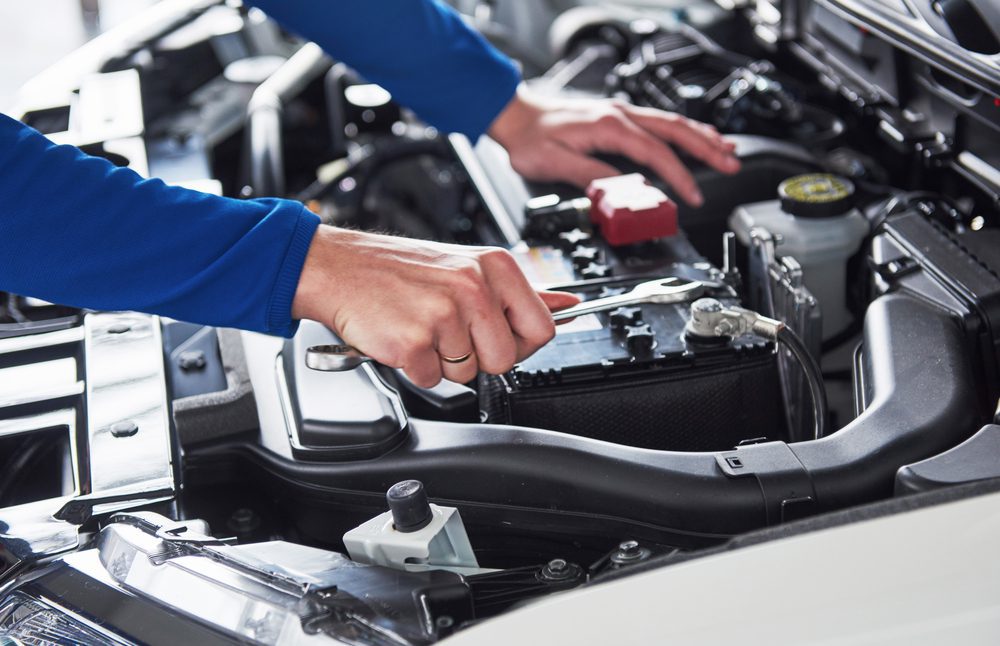Advertiser Disclosure: Many of the companies featured here provide compensation to us. This is how we maintain our free service for consumers. Compensation, along with hours of in-depth editorial research, determines where & how companies appear below.
There is a record amount of consumer debt in the United States. According to the New York Fed Consumer Credit Panel, in the third quarter of 2024, $16.5 trillion was owed by households.
Is there a way to permanently eliminate your debt? It is possible but requires avoiding bad money habits leading to further debt.
The following are 12 dangerous habits and what you should do instead.
Spending money to keep up with others
Peer pressure can be challenging to resist. Whether it’s keeping up with friends in your social circle or succumbing to outside influences, it can be tough to say no. But remember, you are the only one who knows what is best for you. So stay true to yourself, and don’t let anyone else control your decisions.
When you realize that you will suffer the consequences of your spending habits, it becomes easier to avoid overspending. Your friends will not be there to help you pay off your debts – that is entirely your responsibility. It is better to live within your means and avoid debt altogether.
Savings that are not automated

Most people can access their primary checking account if it’s in their primary account. Spending all your money is the only way to keep living paycheck to paycheck.
You can do a few things to break the debt cycle and begin building your emergency fund. One is to adjust your payroll distribution so that a fixed amount goes into your primary checking account and a percentage goes into savings. This will help you avoid more debt and start building up your emergency fund.
It’s common for people in an urgent situation to seek payday loans, but they’re a terrible deal: Interest rates can exceed 600 percent.
Inconsistent budget strategies
Budgeting is an essential financial tool that can help you keep track of your income and expenses. With a budget, you may know how much money you have coming in or going out, making it difficult to manage your finances. A budget can also help you plan for unexpected expenses.
Budgeting allows you to take control of your finances and plan for unexpected expenses. By setting aside money each month for car maintenance and property taxes, you can avoid the stress of dealing with financial emergencies.
Tracking expenses insufficiently

Spending tends to creep in, resulting in “more moth than money,” as the old saying goes.
Living paycheck to paycheck is a dangerous money habit to have. You need to know your expenses to plan for unexpected events. This puts you at risk of having to take out expensive loans or run up credit cards, pushing you deeper into debt.
A pro tip: Keep track of your spending with budgeting apps that analyze your expenses automatically from your linked bank account.
Dining out every week
It’s fun to check out the best restaurants in your city, but the costs can quickly add up. It is even possible to stack up fast food runs.
Every time you order that is money that does not benefit you in any way beyond a full belly for the evening.
It would be better to budget for eating out, but pack lunches for work and prepare most of your meals at home.
Paying off credit cards and loans on time

It is a surefire way to remain in debt for a long time if you pay only the minimum on your credit cards. This is because the minimum balance on a credit card is used primarily to pay interest and very little to pay the principal.
The more you pay, the more goes toward your original balance instead of just interest. Switching to a low-interest credit card can help you pay off your debt.
Buying a house for too much
Getting approved for a home loan and being able to afford your mortgage are often two different things.
From an affordability standpoint, your mortgage should be at most 28% of your take-home pay.
Many people believe that the size of their home is the most crucial factor when considering a property. However, what is more important than the actual size of the house, is having the financial stability to maintain and repair it as needed, save for unexpected expenses, and still have money left over for retirement.
Shopping at every sale is worth it

Retail can be a tricky business. Often, stores will mark up items only to put them on sale a few weeks later to get customers to spend more money. This can be dangerous for people trying to stick to a budget, as it encourages excessive spending.
Therefore, only some deals are genuine bargains. It is still possible for costs to add up, regardless of whether a sale or clearance sale offers 75% off. Do not add items to your online shopping cart or stay at home.
Spending too much on a car
Although it may be tempting to spend lavishly on a car to keep up with others, it is essential to remember that doing so will likely result in a decrease in value and higher maintenance costs.
Ignoring car maintenance until it’s too late

The check engine light is an essential indicator of your car’s health. Ignoring it can lead to severe problems down the road. While it may be tempting to just put a little duct tape over it and pretend everything is fine, this is not a good idea. Money may be tight, but finding space for car repairs is essential.
Even though some small shops offer financing through third parties, the interest rates could be better, making it even harder to pay off your debt.
The best way to prepare for repairs throughout the year is to set aside money. If you do not require many repairs, the fund can grow to a sufficient amount to either repair your vehicle or purchase a new one without worrying.
You do not monitor credit reports
You leave yourself vulnerable to fraud or inaccurate information if you do not check your credit report.
The three major credit bureaus traditionally offered a free credit report once a year, but now consumers can view their credit report every week. As a result of the ongoing COVID-19 pandemic, this is a temporary benefit.
Because your credit score directly affects the interest rate you receive, this habit can lead to further debt accumulation. The lower your credit score, the more you will be charged for credit cards, loans, and apartment rentals.
Having fun at the bar with your money

Bars can be expensive, with the average tab for four drinks going between $80 and $100.
Going out for the night can leave you in deep debt, especially when you factor in the parking fee or cab ride, along with any other bar stops.
Unlike rent or utilities, entertainment is one of the largest spending categories that can get out of control.
In Summary
Developing healthy financial habits to achieve more significant goals, such as homeownership or taking more enjoyable vacations, is essential. These multiple objectives begin with small, everyday decisions regarding money. By making sound choices and avoiding risky behavior, you can set yourself up for success.
There is, of course, more to the puzzle than that. At some point, you will need to address your income, whether it be through promotions, raises, or even a side business.
You’ll soon have enough breathing room to boost your bank account if you start saving and investing money.




